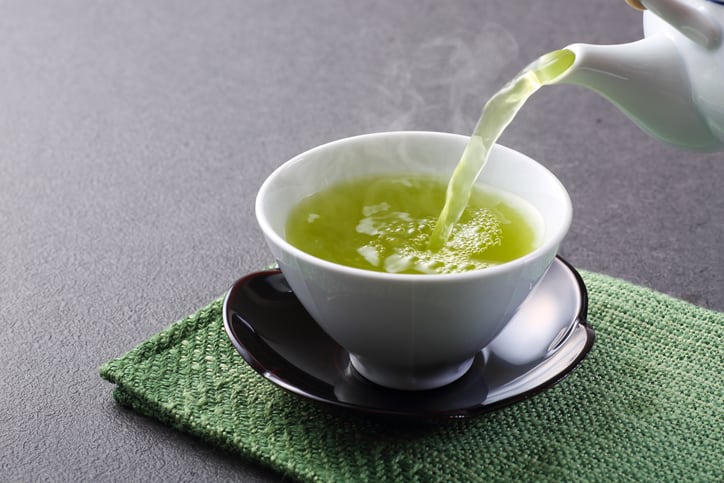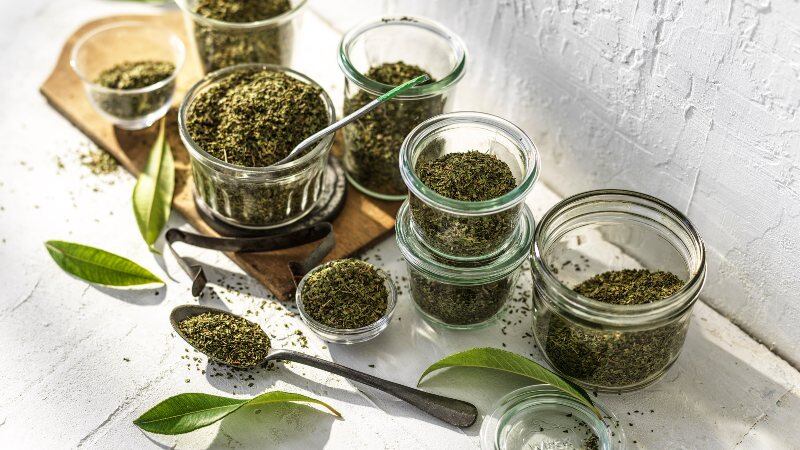According to the latest data from the National Tea Producing Federation, domestic tea consumption fell from 811g per person in 2000 to 680g in 2018.
Founder and president of Kyoto-based Global Japanese Tea Association (GJTA), Simona Zavadckyte told FoodNavigator-Asia the traditional way of preparing and consuming Japanese tea in a teapot may be perceived as old-fashioned, especially among younger consumers.
“The traditional way of making tea is being replaced by easier and more convenient ready to drink beverages including bottled tea, carbonated drinks, mineral water, canned coffee and others.”
In addition, Zavadckyte said the decline in tea consumption could also be contributed to coffee’s rising popularity in recent years: “In the last 20 years, coffee has also become much trendier in Japan and risen in consumption likely at the expense of tea.”
GJTA said tea production was also on the downwards trend, likely mirroring the decrease in demand.
Places such as Shizuoka, the largest tea producing prefecture in Japan, saw its spring tea production decrease by 15% from last year, blaming the low rainfall and frost damage. Kogoshima prefecture, the second largest tea producing region, saw its production decrease by 5%.
In addition to poor yield, Zavadckyte pointed out its tedious process may have deterred the future generation of farmers.
“Tea farming is a physically hard work. With the falling prices and the low regard for tea, young people are reluctant to engage in tea faring, and choose work in the city with a higher return. That is also one of the reasons for the ageing tea farmer population.”
She added that the decreasing demand coupled with the ongoing COVID-19 pandemic had affected tea’s market price. “Due to decreasing demand, the market price for tea is decreasing yearly and this year may be the worst yet.”
Tea prices at Shizuoka fell 3% to JPY1453/kg, while at Kagoshima, it was a bigger drop of 13% to JPY1336/kg.
Negativ-tea
Amidst all the negativity, governments and tea companies have been looking for ways to encourage more domestic tea consumption.
For instance, the Shizuoka Prefecture and the Prefectural Tea Chamber are working with tea farmers, and F&B manufacturers in the Shizuoka city to develop products and create demand for domestically produced Japanese black tea.
GJTA said: “Japanese black tea is expected to provide a new stream of revenue for tea producers, who are suffering from the declining demand for green tea. It is believed that the interest in black tea may increase the interest for green tea as well.”
GJTA was founded in 2019 to educate consumers and connect tea farmers and sellers to promote Japanese tea.
It works on a membership-basis, there are currently 120 members of which five are tea producers.
Zavadckyte told us she hoped the association could spark growth through global collaboration.
“Normally our association organises trips abroad to help tea farmers and producers to introduce and promote their tea. Because of the pandemic, this year international trips have been suspended, and most activities are held online.”
COVID-19 and tea
On the topic of COVID-19, recently there had been some controversy surrounding tea and its health benefits, especially with regards to fighting the virus.
In June, Japan’s Consumer Affairs Agency (CAA) requested 35 online shops selling tea and kelp products to stop promoting them as providing protection from COVID-19.
Zavadckyte told us: “While green tea is known to have many health benefits, the research on its effect towards the SARS-CoV-2 virus is still on the way and the conclusion has not been reached yet. Nonetheless, it seems there were a few sellers, that were trying to take advantage of the situation. We believe that is wrong and hope research will provide some answers soon.”
An experimental study at the Indian Institute of Technology found that black and green tea extracts have antiviral capabilities, which could work as a potential therapeutic candidate against the virus.
However, researchers explained robust clinical trials would be needed to validate the findings.




